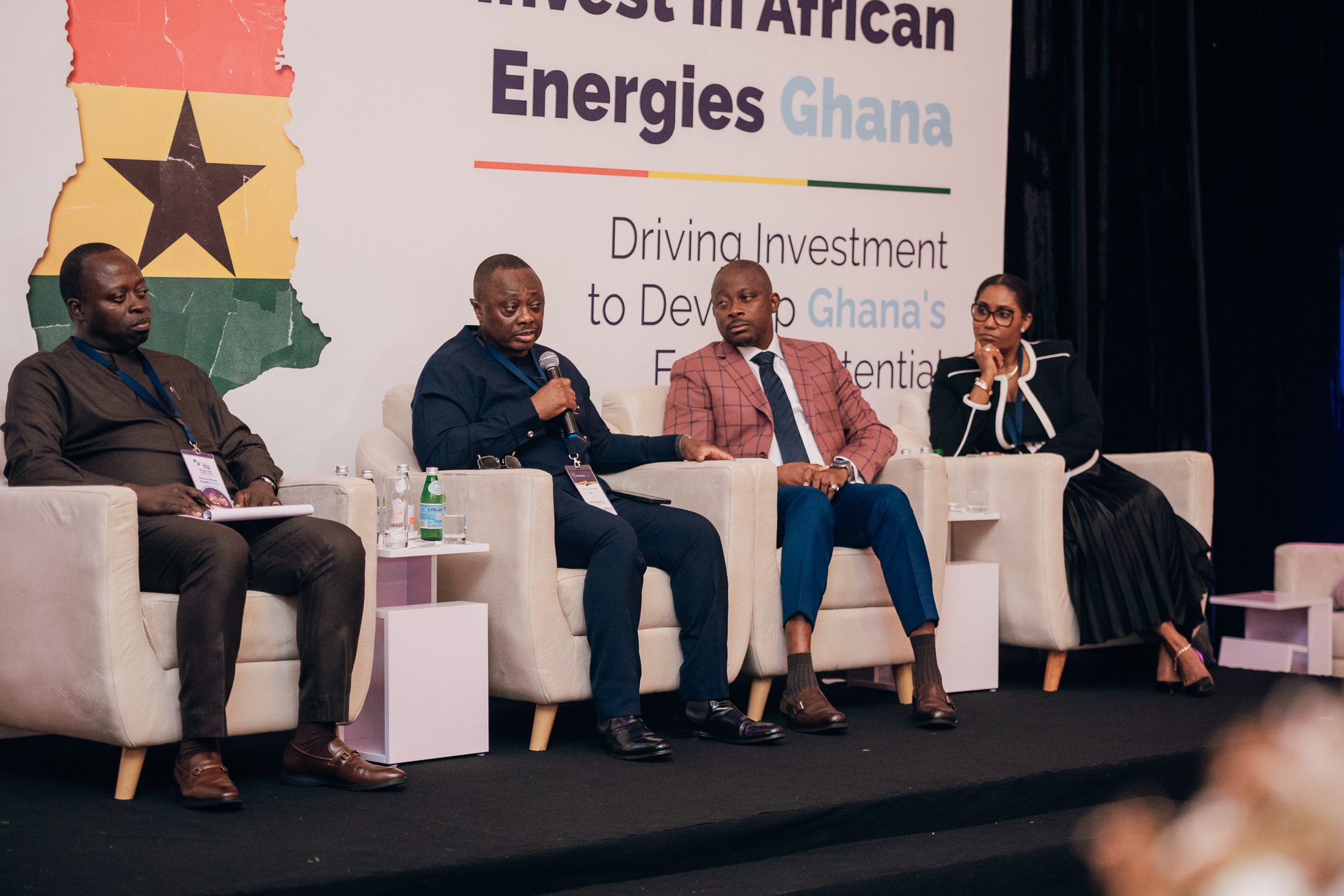adverts
Ghana has kicked off the development of West Africa’s first integrated petroleum hub, positioning itself as a regional energy leader while aiming to cut petroleum costs and strengthen fuel security across the subregion.
Unveiled at the Invest in African Energies: Accra Investor Briefing on April 14, the project is being implemented in three phases between 2024 and 2036, with the first phase already underway. It includes the construction of a 300,000-barrel-per-day (bpd) refinery, a 90,000-bpd petrochemical plant, extensive storage facilities, and marine port infrastructure.
Dr Toni Aubynn, CEO of the Petroleum Hub Development Corporation, described the initiative as a transformative national priority. “Our responsibility is to ensure that we bring the ideas of the state into reality; that is to build three refineries and five petrochemical plants,” he said. “We are going to rely on investors to develop these important industries. Our target is local investors.”
adverts
The hub is expected to ease Ghana’s reliance on imported refined petroleum products while significantly enhancing the country’s downstream capacity. Ghana’s only operational refinery, the Tema Oil Refinery (TOR), continues to play a key role in this regard. Established in 1963, TOR is currently undergoing modernisation to upgrade its units and improve efficiency.
Dr Yussif Sulemana, TOR’s Managing Director, shared the refinery’s outlook. “In the short term, our strategy is to maximise existing assets. Medium- to long-term, we are looking at partnerships and strategic investment. We have a lot of investors interested and are looking for capital injection and expertise.”
Storage infrastructure is also receiving attention. Bulk Oil Storage and Transportation (BOST) is expanding its capabilities to support national reserves and supply chain efficiency. Nana Amoasi VII, Technical Advisor at BOST, noted, “We plan to double our fleet of barges and introduce a pipeline from Tema to the Accra Plains Depot. We also aim to develop another storage facility and promote the use of alternative fuels.”
Crucially, Ghana’s petroleum sector is placing a strong emphasis on local content and capacity development. Kwaku Boateng, Director of Economics and Local Content at the Petroleum Commission, said, “To stabilise the hydrocarbon industry, we need local content. We have a strategy to ensure that across every petroleum activity, there is a Ghanaian possibility.”
While policies are in place, more investment is needed in human capital. David Pappoe, President of the African Energy Chamber in Ghana, stressed, “Ghanaian companies must build capacity. Without human capacity, technology and knowledge, you cannot compete. We want to drive collaboration across the African continent. Through collaboration, we will be on our way to ending energy poverty.”
The Accra briefing served as a precursor to African Energy Week, scheduled for September 29 to October 3 in Cape Town, where more strategic conversations and deals are expected to take place. The event underscored Ghana’s rising profile as a key player in Africa’s evolving energy landscape.
As the first phase of the petroleum hub begins to take shape, Ghana is sending a clear message: it is ready to lead West Africa’s energy transformation—anchored in infrastructure, investment, and inclusion.


